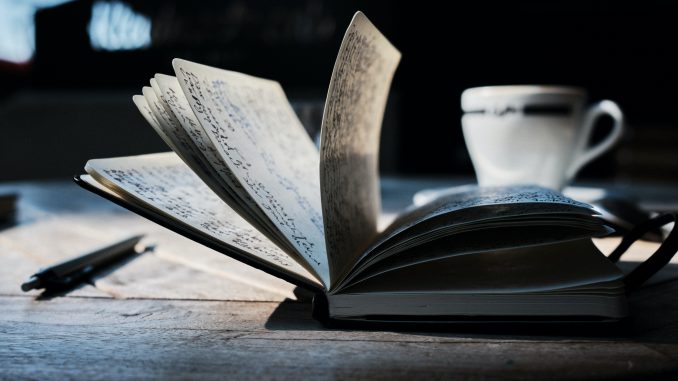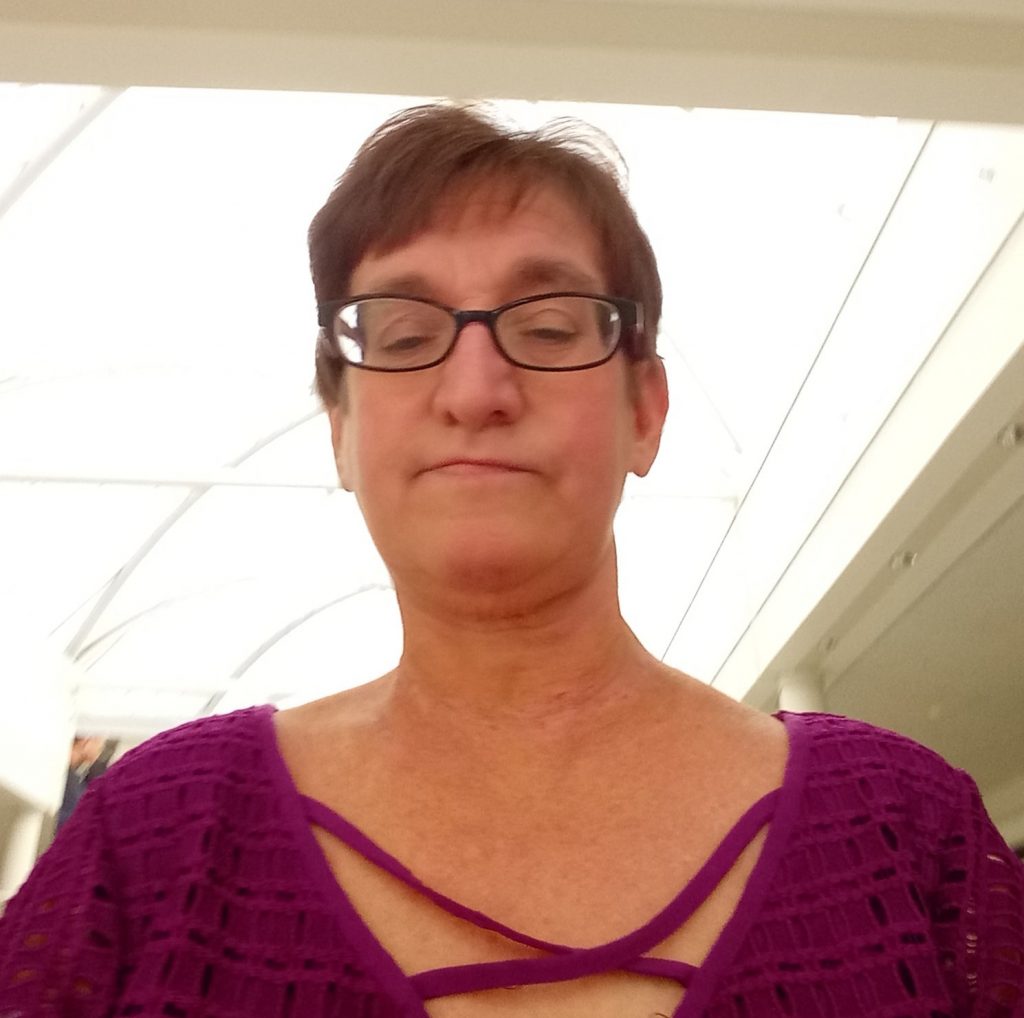
I have always been in love with words. The way they look when they are written down, and the way they sound when spoken in any language. My parents tell me that I spoke early and that ‘book’ and ‘read’ were among my first words. Both my father and my grandfather were avid readers, and I followed in their footsteps. I felt I was most at peace and more myself when I was lost in a book or in my own daydreams about something the stories I was reading had inspired.
It’s no surprise then, that I started putting these ideas down on paper as soon as I learned to write. I started with little stories and short poems, rhyming verses that were usually about school or my dog, or other ordinary things. However, the thing that sealed my fate was when my fourth-grade teacher played the class a recording of Hamlet. Maybe it was the plummy English accents or the passion with which the actors spoke the words, but I was hooked by how it all sounded. I knew at that moment that this was what I wanted to do, write words that would make people feel something.
It was that desire that made me choose English as a college major, to soak up every word of all the classic novels and poetry that I studied, and when I had a free minute, I would always be writing or thinking of a story. While I do write fiction, I have to confess that poetry is my first love, dating back to that day in fourth grade. In poetry, there’s no concern with trying to come up with witty dialogue or clever plot twists. You just write down your feelings about, or you share your experience of something or someone, using whatever words you want, and occasionally, you can make words up! (Hey, it worked for Lewis Carroll). The rules of grammar don’t always hold court in poems either, and the words don’t even have to rhyme.
The best thing about poetry is that it affords a writer the opportunity to express themselves without limits. Emotions can be given free reign and compared to almost anything the writer desires, from nature to things that can spring from a person’s imagination. In short, poetry is freedom in written form.
Over the years, writing has become a kind of therapy for me. I’ve lived most of my life with severe med-resistant clinical depression. It is an insidious disease that often clogs my brain with feelings of worthlessness and hopelessness. A few writers have described it as ‘The Black Dog’, and I think that’s pretty accurate – at its worst, it’s a menacing presence, blocking out anything good or hopeful.
As dark as it gets, when I am able to put those bleak thoughts into words, some of that heaviness is lifted. Expressing those feelings can break their hold over me, maybe not permanently and maybe not for long, but for the moment, they are out of my head and onto paper, and it helps me not to dwell on them and get stuck in that darkness.
Some people may say that writing is a solitary pursuit, and in a way, it is, but in another way, it’s a way of forming connections. When I share this type of writing, it surprises me that others who read do understand, which helps me to feel less alone. I’ve grown from doing this type of writing as well, and the best part about it is there are no med-related side effects.
Years ago, I saw an interview with Stephen King, where he was asked if he always wanted to be a writer. He answered, ‘It wasn’t a matter of wanting to be one, it’s who I WAS.’ I remember crying when I saw that because it described exactly how I feel. While my depression and anxiety may plague me at times, while I may not always be certain of what the future holds, I was, am, and always will be, a writer. To quote Nick Cave, ‘And this much I know to be true.’
I actually wrote a poem about writing, and it seems fitting to close this article with it. Thanks for reading.
Phases
1.
We write
For an outlet
A barbed wire connection
Ignited by the rasp
Of an impulse against emotion’s
Sandpaper matchbox strip
A noisy reveal of words
Or music
Flashing briefly
Burning one
Or many
All protection lost
In complete vulnerability
Consequences be damned,
We write
2.
We write
For something to do
To forget
And remember
What may be lost
Otherwise
To protect
To preserve
One or many
Fragile things
To make them stop
To make them
Stay
We write
3.
We write
To put on paper
Things we can’t say
Words we
Shouldn’t
Utter for fear
That once spoken
They can’t be
Retracted
Unfelt or undone
So to avoid all harm
We write
4.
We write
To begin
To move towards resolution
To explain an ending
That would dissolve in tears
If spoken
To say hello
To bid farewell
And start again
Describing a new path
We write
Writer Bio:

Anne Mikusinski has been writing poetry and short stories since she was seven years old and most probably making them up long before she could hold a pen or pencil in her hand. She finds inspiration in music and art, and sometimes, even in little things that happen every day. Her influences range from Robert Frost and Dylan Thomas to David Byrne and Nick Cave, and she hopes one day, her work will inspire others in the same way these writers have been an inspiration to her.
Did you enjoy this article?
Sign up for my email newsletter to ensure you don’t miss a new article from The GW Review! Get my FREE 5-DAY email course on how to show, don’t tell in poetry, when you sign up today.
Want to submit to The GW Review?
The GW Review is an online literary journal seeking submissions of poetry, poetry book reviews, and music and poetry-themed feature articles. Send an email to the editor via contact@gemmawhite.com.au
Want to donate to The GW Review?
Your donations help pay the writers who submit their articles, book reviews, and poetry to this website.

Comforting. I have pretty well not enjoyed Stephen Kings horror stories and find him a peculiar choice of literary hero.
Perhaps my depression makes me selfish in wanting to find something profound or clever in each piece of writing. Or maybe I’m just old.
I came slow and late to classic writers. Of course most of what we read is tedious or obscure but I resent trawling through what seems to be mud to glean a few sardines and the occasional rare Do not go gently into that good night.